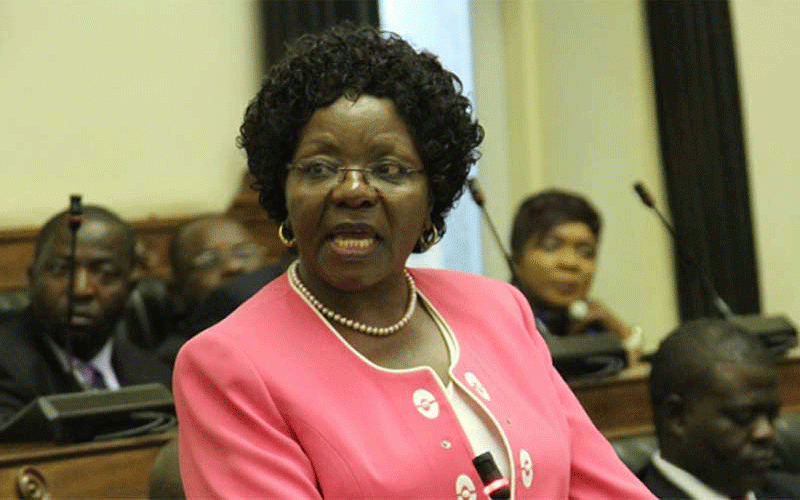
GOVERNMENT says a new industrial policy being crafted will present plans for reviving ailing industries, incorporate incentives and laws targeted at fostering competition to revive the manufacturing sector.
The Zimbabwe National Industrial Development Policy (ZNIDP) is coming to an end in December, with government eager to establish a new framework for the ailing manufacturing sector.
The policy is anchored on Vision 2030, an ambition to turn the economy into an upper middle-income economy by 2030, and the National Development Strategy 1 running from 2021 to 2025. The ZNIDP focuses on implementing policies which foster high, inclusive, broad-based and sustainable economic growth, as well as socio-economic transformation and development.
Speaking at an Industry and Commerce ministry breakfast meeting with stakeholders in Harare yesterday, the newly-appointed minister Sithembiso Nyoni said her ministry was fast-tracking the re-industrialisation drive among its top priorities.
“The new industry policy will also present plans for reviving and resuscitating ailing industries, including support programmes, government incentives and policies aimed at promoting competitiveness and sustainability,” Nyoni said.
“My ministry will promote linkages with other sectors of the economy, including strengthening the linkages between small and medium enterprises and large corporations in manufacturing as well as those in retail and wholesale sectors.”
She invited stakeholders to contribute and make submissions to the new ZNIDP.
According to the Confederation of Zimbabwe Industries’ 2022 manufacturing sector survey released early this year, the manufacturing sector’s capacity utilisation remained nearly stagnant at 56,1% owing to power outages, forex shortages and hawkish policies.
- ‘New industrial development policy on cards’
- National industrial development policy launched
- Stakeholders brainstorm over Bulawayo industry revival
Keep Reading
This translated to a 31% drop in investments to US$101 million last year from US$147 million in the comparative 2021 period.
“Zimbabwe is richly endowed with fertile farmlands and mineral resources. Our sectoral development strategies are, therefore, crafted to promote value addition and beneficiation of agricultural produce and minerals, creating higher value products and increasing export earnings,” Nyoni said.
“Government is continuing with its plans to develop and upgrade infrastructure, such as transportation, energy and telecommunications, to enhance connectivity and facilitate business operations. I would like to encourage the business community to embrace digital technologies and adopt digital innovation to enhance productivity, efficiency and competitiveness in both industry and commerce sectors.”
She urged industry and commerce “to embrace digital technologies and adopt digital innovation to enhance productivity, efficiency and competitiveness”, in line with the trending Industry 4.0 or the fourth industrial revolution which seeks to revolutionise the way companies manufacture, improve and distribute their products.
“Government will always support the private sector in their retooling and upgrading of plant and machinery. My ministry in collaboration with other relevant arms of government such as ZimTrade, will continue making initiatives to promote export-oriented industries and diversify export markets, including trade agreements, market access facilitation, and export promotion programmes,” Nyoni added.
Zimbabwe is a member of regional and international economic groupings including Sadc, Comesa, the African Continental Free Trade Area and the World Trade Organisation.
She said that the government will collaborate with the private sector and implement programmes aimed at skills development and job creation, including vocational training, entrepreneurship support and partnerships with educational institutions and private sector stakeholders.











